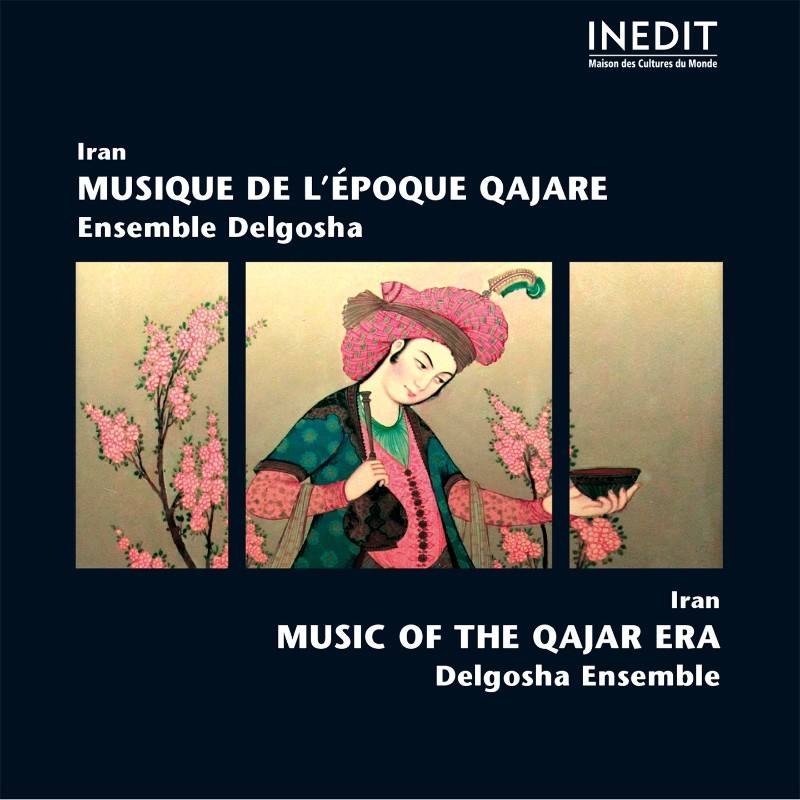












 Garanties sécurité
Garanties sécurité
(à modifier dans le module "Réassurance")
Persia has been a major cradle of the maqâm, this musical art which influenced Asian cultures along the Silk Road up to the Chinese and Indian borders. This art culminated in the middle of the 19th century, under the reign of the Qajar. The classical repertoire radif was completely revised and reorganised, although it still complied with the tradition. New forms were invented such as the pishdaramad prelude and the chaharmezrab interdule. Singing became more important than ever and thus participated in the revival of poetry. Female musicians who, until then, were confined to women’s world, began to perform in public. The most remarkable was the singer Qamar ol-Molouk Vaziri, whose vocal range, flexibility, virtuosic vibrato and silky ornaments were unparalleled. 80 years later, Pantea Alvandipour revives this inimitable vocal style with its stounding vocal breaks which magnify the dramatic expression of the singing. She is accompanied by the Delgosha Ensemble, a small instrumental group led by Siamak Jahangiry, a young ney master, arranger and composer who ensures the continuity of the tradition. He arranged the two suites of this album: Avaz Afshari and Avaz Dashti composed of preludes, vocal pieces and instrumental solos.
Data sheet
You might also like